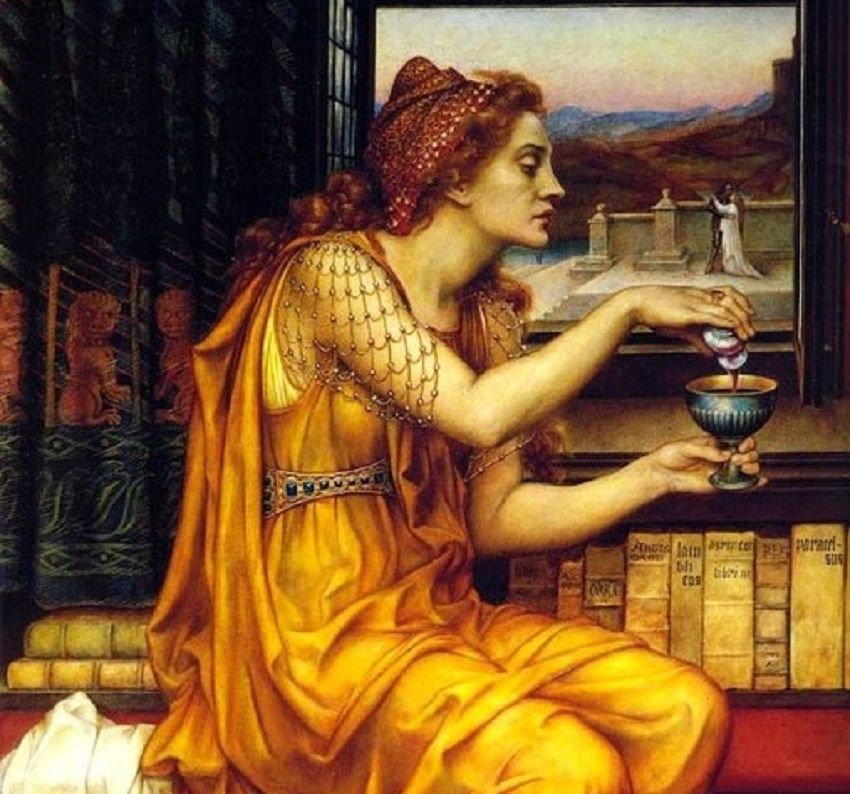Giulia Tofana: Killer of Over 600 Men
January 25, 2023
Giulia Tofana. That name may or may not sound familiar. This was a woman who killed over 600 men in 17th-century Italy.
We today still don’t know much about this woman, but what we do know is that the way she murdered these men and why was so fascinating that we had to share it.
Giulia was born in 1620, in Palermo, Italy. And at some point in her life, her mother was executed for the poisoning of Giulia’s father. So a lot of her free time with spent with pharmacists, people who dealt with medicines, potions… and poisons.
It was around this time that Giulia began developing her own brand of poison, as historians believed. But others say she received a recipe from her mother. Either way, she had successfully created the product Aqua Tofana in her early teens.
For those of you who may not be familiar with Aqua Tofana, it’s a colorless tasteless, slow-acting poison that can be mistaken for other illnesses and diseases. Theorized to contain arsenic, lead, and belladonna.
Now, Giulia never technically killed anyone. Instead, she only supplied the poison to women of low status who were trapped in abusive and unhealthy relationships. Because this was during the Renaissance era, a time when arranged marriages were big, and divorce was a no-go, the only way out of an unhappy marriage was death. So women would purchase this product and use it to poison their husbands, and not gain the attention of the public.
Women all around Europe would flock to Giulia’s door to purchase Aqua Tofana. Depending on the dosage the woman gave their partners, the poison would create a minor cold, and accelerate into a more serious illness, until their mysterious, but impending death.
Tofana became so popular that she eventually had to move her business to grow further.
Until… a guilty widow decided to report her to the local authorities. So many people believed that what Tofana was doing was charitable and kind, so they decided to help her avoid apprehension and were granted sanctuary in a church. Before the police forcibly arrested her.
In the end, Giulia received the same punishment as her mother did. Tofana, her daughter, and others who helped in the production were all executed in 1659, after being tortured to confess to aiding women in the poisoning of more than 600 men between 1633 and 1651.

